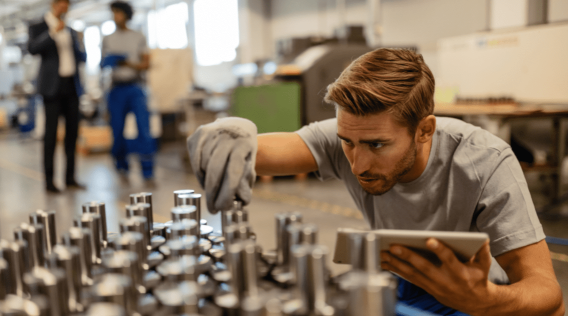Introduction
In the realm of manufacturing, the quest for lightweight and durable materials has always been a priority. Magnesium casting has emerged as a versatile solution for producing complex components in various industries. With its exceptional strength-to-weight ratio and excellent mechanical properties, magnesium has become the material of choice for many applications. This article explores the benefits and challenges of magnesium casting and its potential for revolutionizing the manufacturing industry.
Benefits of Magnesium Casting
1. Lightweight: Magnesium is the lightest structural metal available, weighing about 2/3rd of aluminum and 1/4th of steel. Its low density makes it an ideal choice for applications where weight reduction is crucial, such as aerospace, automotive, and consumer electronics.
2. High Strength: Despite its low weight, magnesium exhibits impressive strength. It has a higher strength-to-weight ratio than aluminum, copper, and even some steels. This characteristic allows manufacturers to design components that can withstand high loads and stresses while keeping the overall weight low.
3. Excellent Machinability: Magnesium casting offers excellent machinability, allowing for the production of intricate and complex components. The material can be easily shaped, drilled, and milled, providing manufacturers with greater design flexibility and cost-effective production processes.
4. Exceptional Thermal Conductivity: Magnesium possesses excellent thermal conductivity, making it an ideal choice for applications that require heat dissipation. Components made of magnesium can effectively dissipate heat, reducing the risk of overheating and enhancing the overall performance and reliability of the product.
Challenges of Magnesium Casting
1. Flammability: One of the significant challenges associated with magnesium casting is its flammability. Magnesium is highly reactive and can ignite easily, presenting safety concerns during the casting process. Proper safety measures, such as using protective coatings and operating in controlled environments, are essential to mitigate these risks.
2. Corrosion: Magnesium is prone to corrosion, especially in humid or corrosive environments. Manufacturers need to apply protective coatings or use alloying elements to enhance the material\’s corrosion resistance. Additionally, proper maintenance and periodic inspections are crucial to prolong the lifespan of magnesium components.
Applications of Magnesium Casting
1. Automotive Industry: The automotive industry has embraced magnesium casting for lightweighting vehicles and improving fuel efficiency. Magnesium components, such as engine blocks, transmission cases, and structural parts, contribute to reducing the overall weight of the vehicle without compromising safety or performance.
2. Aerospace Industry: Magnesium casting finds extensive use in the aerospace industry due to its lightweight and high strength characteristics. Aircraft components, like landing gear, seat frames, and structural brackets, benefit from the weight reduction achieved by using magnesium. This translates into lower fuel consumption and increased payload capacity.
3. Consumer Electronics: The consumer electronics industry relies on magnesium casting for producing lightweight and sleek devices. Laptops, smartphones, and tablets incorporate magnesium components to enhance durability, heat dissipation, and overall user experience.

Future Prospects
As technology advances and manufacturing processes evolve, magnesium casting is poised to play an even more significant role in the industry. Innovations in casting methods, such as vacuum and high-pressure die casting, allow for the production of complex magnesium components with improved surface finish and dimensional accuracy. Additionally, research and development efforts are ongoing to develop magnesium alloys with enhanced properties, including better corrosion resistance and higher strength.
Conclusion
Magnesium casting offers a versatile solution for manufacturing complex components in various industries. Its lightweight, high strength, excellent machinability, and thermal conductivity make it an attractive choice for applications where weight reduction, durability, and heat dissipation are crucial. While challenges such as flammability and corrosion exist, proper safety measures and material enhancements address these concerns. With ongoing advancements in casting techniques and alloy development, magnesium casting is expected to continue revolutionizing the manufacturing industry in the years to come.
-

- високо прецизен отлят под налягане волан за автомобили
-

- Каска Thixomolding от отлята под налягане мангензиева сплав
-

- Корпус на контролера за автомобилни части от магнезиева сплав
-

- 2022 Гореща разпродажба на едро на части за велосипеди от магнезиева сплав Детски велосипед без баланс на педалите Детски велосипед в няколко цвята
-

- Фабрично персонализирани китайски велосипеди Bmx Road Sport Детски велосипед 12 16 18 20 инча Велосипед Mtb за деца 6-10 години
-

- Wholesale Magnesium Alloy Baby Cycle For 3 To 5 Years Old 12 Inch Kids Cycle OEM Cheap

 0086-750-5616188
0086-750-5616188 +86 13392089688
+86 13392089688 sales@zhongmei-tech.com
sales@zhongmei-tech.com







